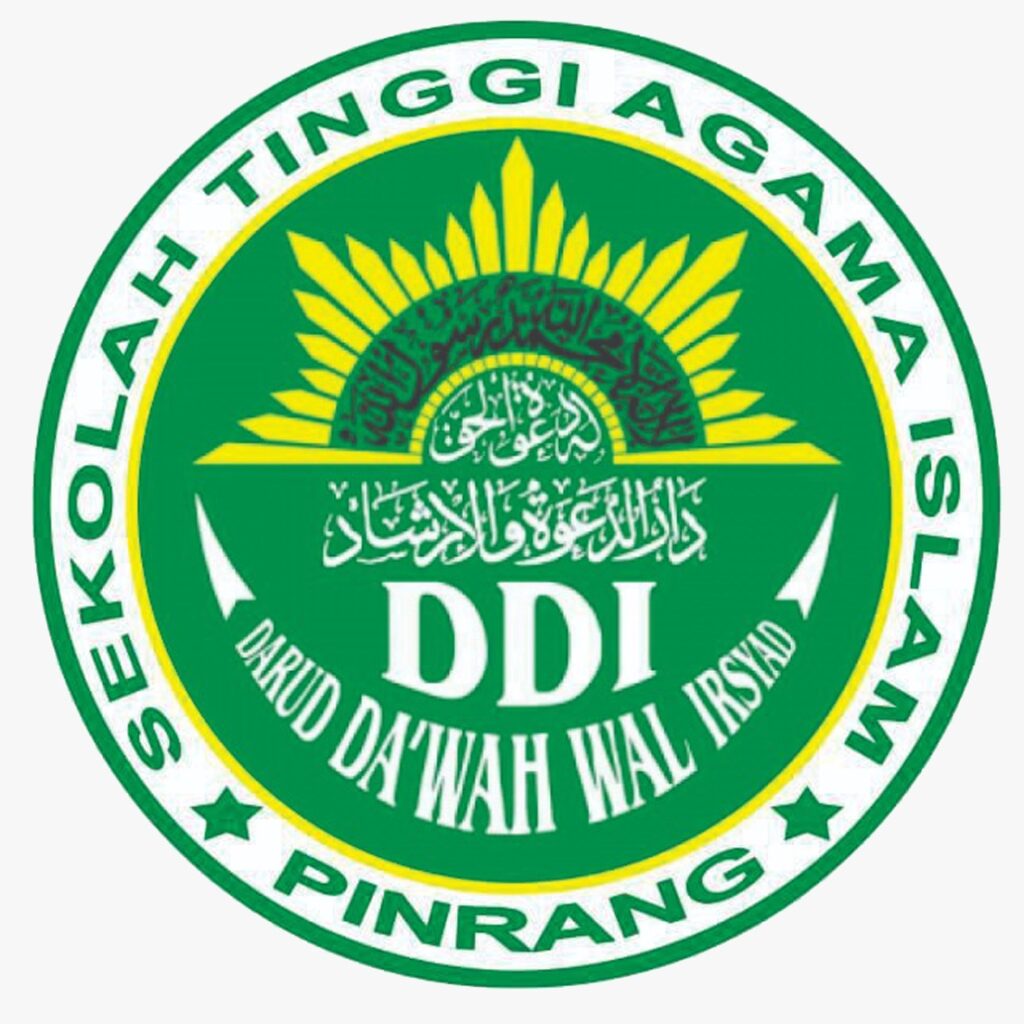IMPLEMENTASI AKAD MUKHABARAH DALAM PRAKTEK TESANG GALUNG
Kata Kunci:
TESANG GALUNG, MUKHABARAHAbstrak
This jurnal discusses the Implementation of Mukhabarah Contracts in the practice of Tesang Galung in Massewae Village, Duampanua Pinrang District. The purpose of this thesis research is to find out the muzara'ah and mukhabarah contracts in the practice of tesang galung which are based on the form of cooperation between land owners, third parties and managers. The practice carried out by the people of Massewae Village, Duampanua District, is in this tesang galung practice to see the implementation of the muzara'ah and mukhabarah contracts in a system that has blended in with custom.
This type of research is qualitative where this research links several parties in it, by directly meeting sources of information in the field, namely the community who practice the tesang galung. The methods used are interviews, observation, documentation. Followed by data analysis to the validity of the existing data in the field.
The results of this study are: first, the existing system in the practice of tesang galung includes the form of cooperation and profit sharing between the land owner and cultivator where this form of cooperation is carried out by two parties between the land owner and the second is the implementation, where when the land owner If the cultivator is given to manage their land, then the land owner fully surrenders and will receive profit sharing. And thirdly, the muamalah activity of the tesang galung practice carried out by the people of Massewae Village, Duaampanua Pinrang District, if it is associated with the muzara'ah and mukhabarah contracts, it is clear that this has not been implemented properly, however, there are some who have implemented muzara'ah and forms of cooperation from the tesang galung practice, more closely following the customary system that has blended in with the people of Massewae Village, Duampanua Pinrang District. Because they think that it is fair for them for some people.
Unduhan
Referensi
Al-Mishri, Abdul Sami’. 2006. “Pilar-Pilar Ekonomi Islam.” Yogyakarta: Pustaka
Pelajar 46.
Anggito, Albi, and Johan Setiawan. 2018. Metodologi Penelitian Kualitatif. CV Jejak
(Jejak Publisher).
Arifin, Bustanul. 2005. Pembangunan Pertanian: Paradigma Kebijakan Dan Strategi
Revitalisasi. Grasindo.
Baqi, Fuad Abdul. 2017. “Muhammad. Shahih Bukhari Muslim Pada Kitab Jual Beli
Bab Apabila Dua Orang Bertransaksi Jual Beli Dan Keduanya Tidak
Menyembunyikan Kekurangan Dan Menasehati.”
Basyir, Ahmad Azhar, Asas-asas Hukum Muamalat, Departemen Agama R. I. al-
Qur’an, Bandung Terjemahannya, and C. V Penerbit. n.d. “Al-Albani, Muhammad
Nashiruddin. Shahih Sunan Ibnu Majah, Jakarta: Pustaka Azzam, 2007. Al-
‘Asqala> Ni, Ibnu Hajar. Bulu> Ghul Mara> m, Diterjemahkan Oleh Irfan
Maulana Hakim, Bandung: PT. Mizan Pustaka, 2010. Al-Imam Muhammad Bin
‘Isma>’I> l Al-s {an’A> Ni>, Subulus Sala> m Sharh {Bulu> Ghul.”
Bungin, Burhan. 2005. “METODOLOGI PENELITIAN KUANTITATIF: Komunikasi,
Ekonomi, Dan Kebijakan Publik Serta Ilmu-Ilmu Sosial Lainnya.”
Nuriastuti, Afifah. 2015. “Akad Syirkah Dalam Kompilasi Hukum Ekonomi Syariah:
Studi Tentang Unsur-Unsur Mazhab Hanafi Dan Maliki.”
Patilima, Hamid. 2005. “Metode Penelitian Kualitatif: Dilengkapi Dengan Panduan
Penggunaan Software Analisis Kualitatif CDC EZ-Text Serta UU No. 18 Tahun
2002 Tentang Sistem Nasional, Penelitian, Pengembangan, Dan Penerapan Ilmu
Pengetahuan Dan Teknologi.”
Romli, Muhammad. 2021. “Konsep Syarat Sah Akad Dalam Hukum Islam Dan Syarat
Sah Perjanjian Dalam Pasal 1320 KUH Perdata.” Jurnal Tahkim 17(2):173–88.
Sami’Al-Mishri, Abdul. 2006. “Pilar-Pilar Ekonomi Islam.” Diterjemahkan Oleh
Dimyaudin Djuwairni. Yogyakarta: Pustaka Pelajar.
Sumaryanto, S. Friyatno, and Bambang Irawan. 2001. “Konversi Lahan Sawah Ke
Penggunaan Non Pertanian Dan Dampak Negatifnya.” Pp. 1–18 in Dalam
Prosiding Seminar Nasional Multifungsi Lahan Sawah. Bogor. Pusat Penelitian
dan Pengembangan Tanah dan Agroklimat. Hal.
Unduhan
Diterbitkan
Versi
- 2024-12-31 (2)
- 2024-10-12 (1)





